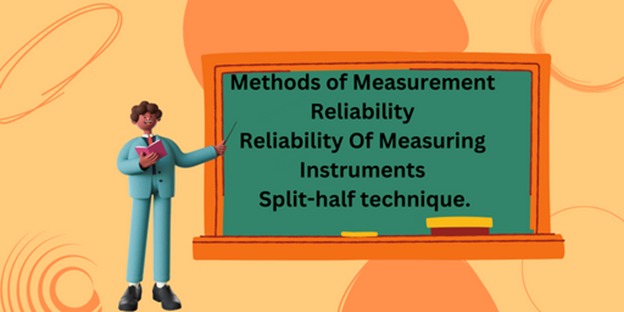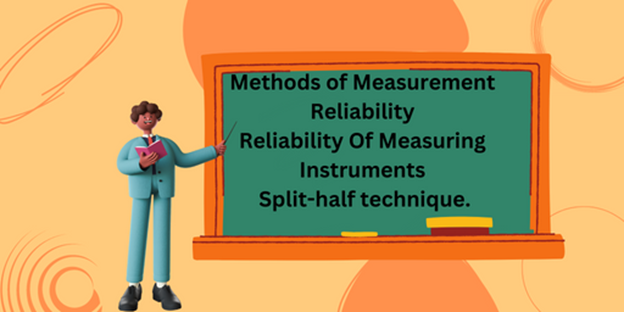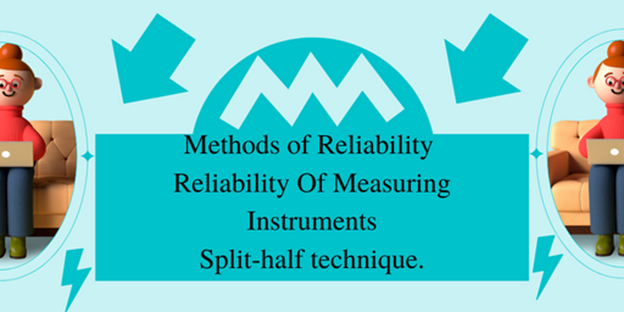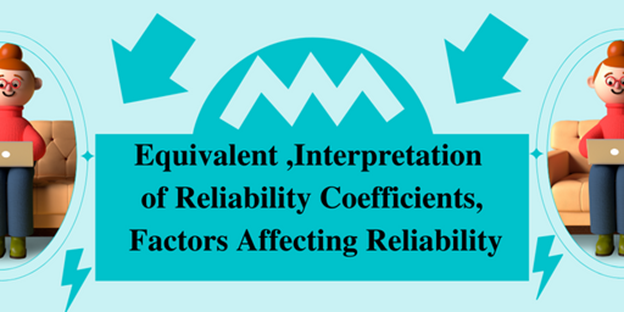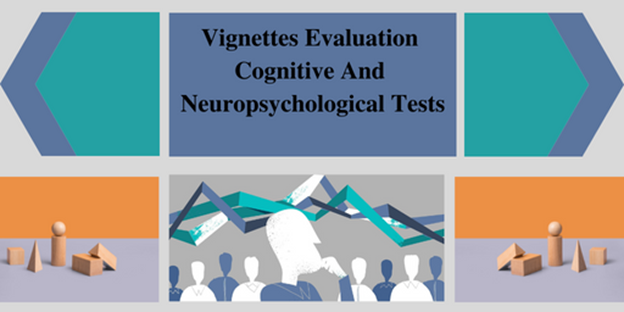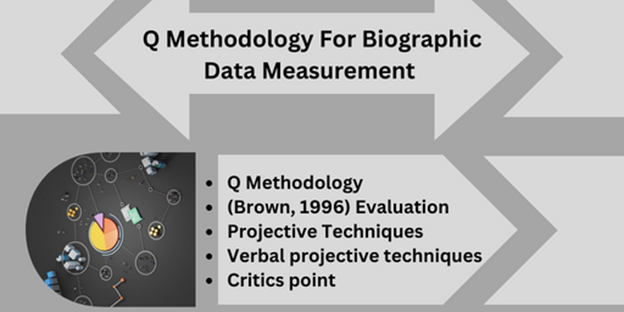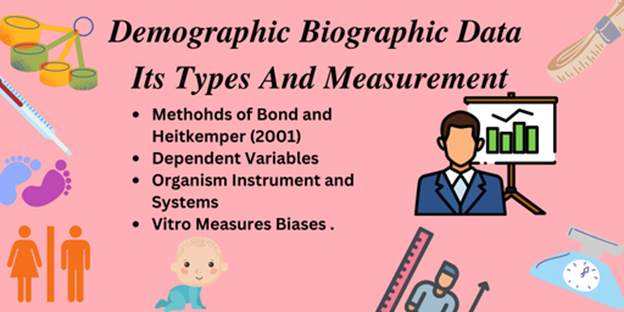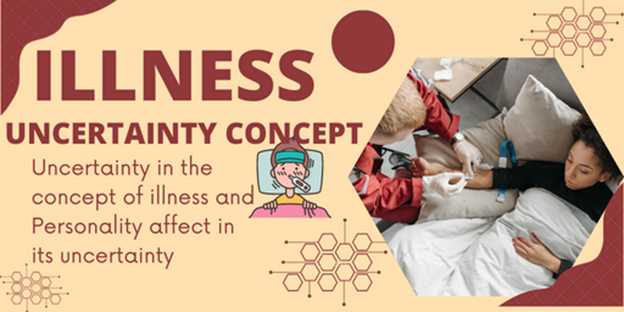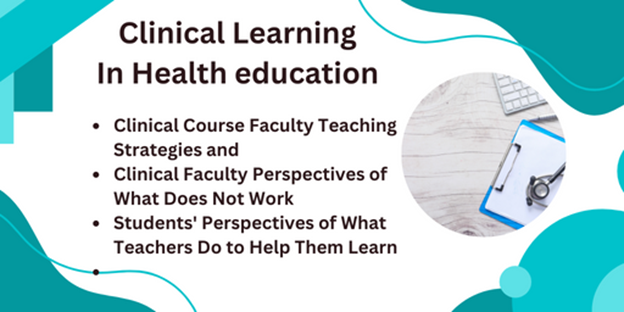Assess Constructive Validity of Data Part I
The Assess Validity of Data. To assess data validity, you need to determine if the data accurately represents the real-world entities, events, or measurements it’s intended to describe, ensuring it’s accurate, relevant, and suitable for its intended use. The Assess Constructive Validity of Data Part I Face Validity, Content Validity, Criterion-Related Validity In Nursing Research. … Read more
